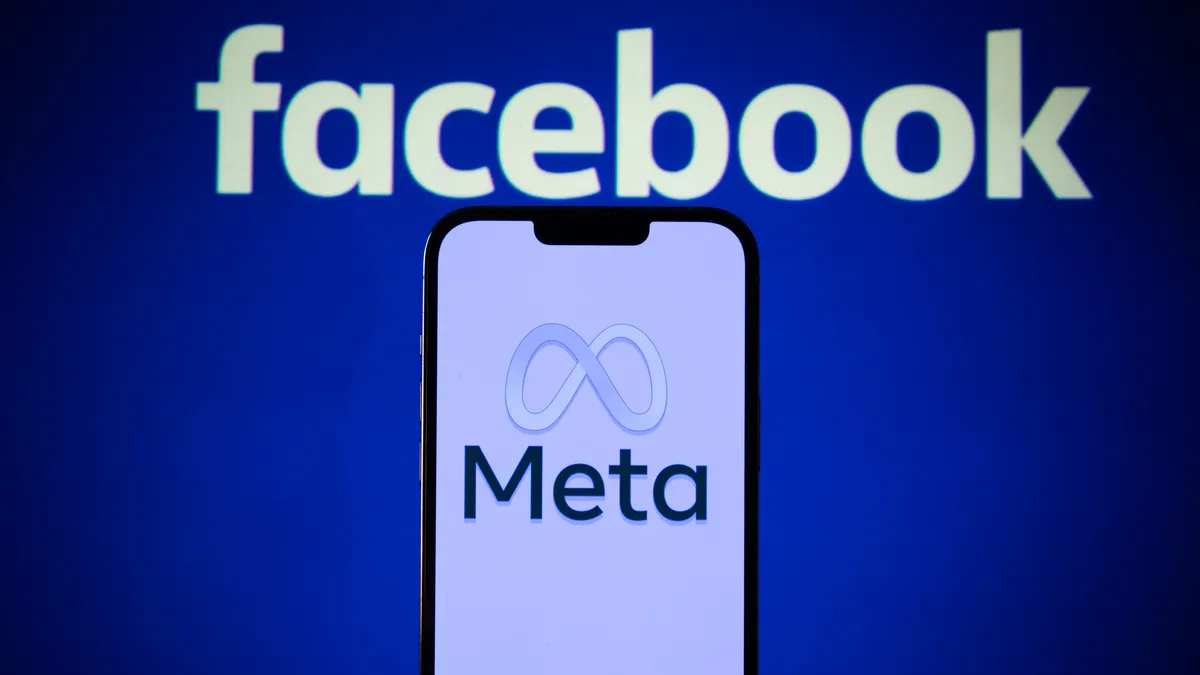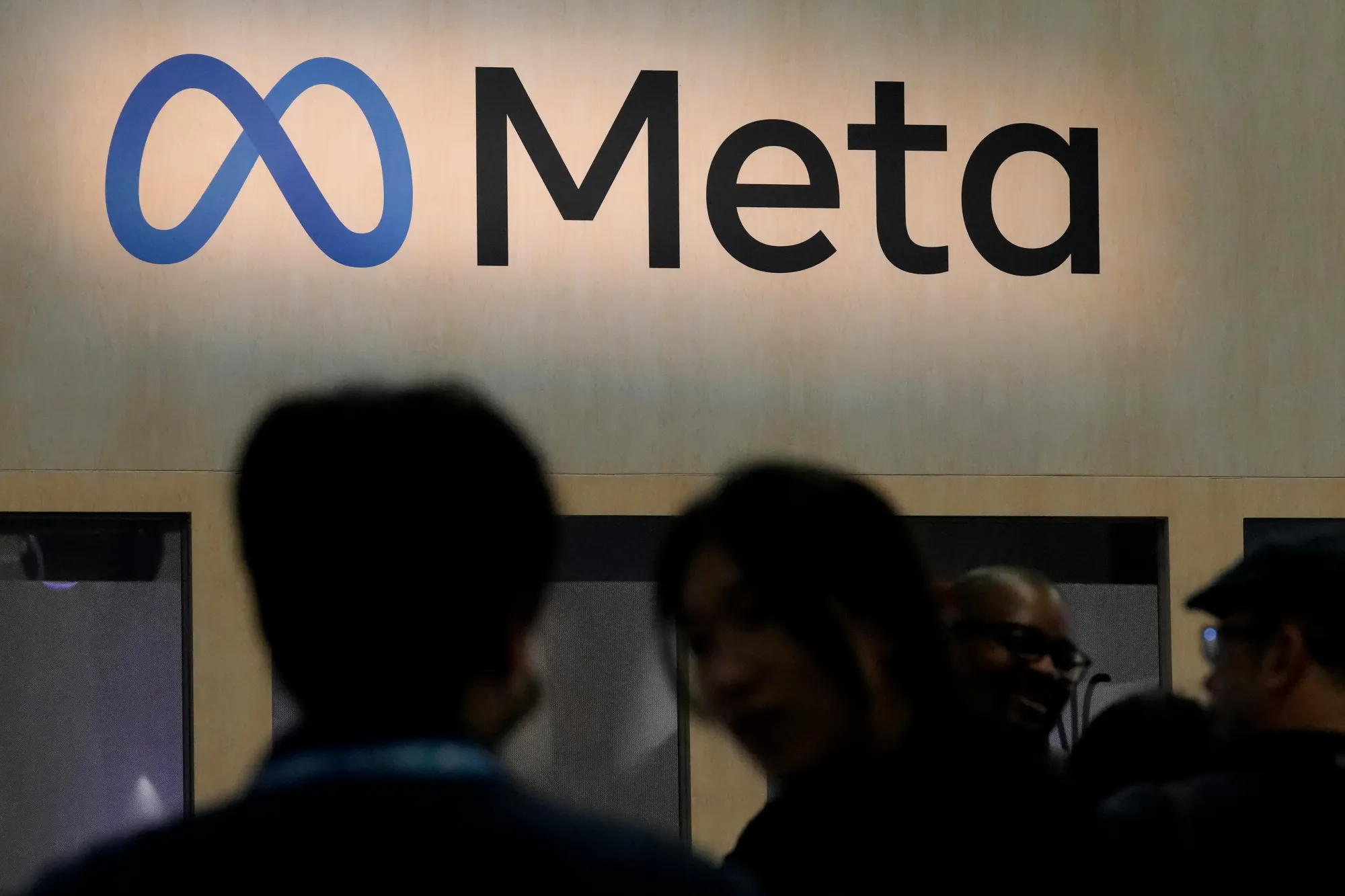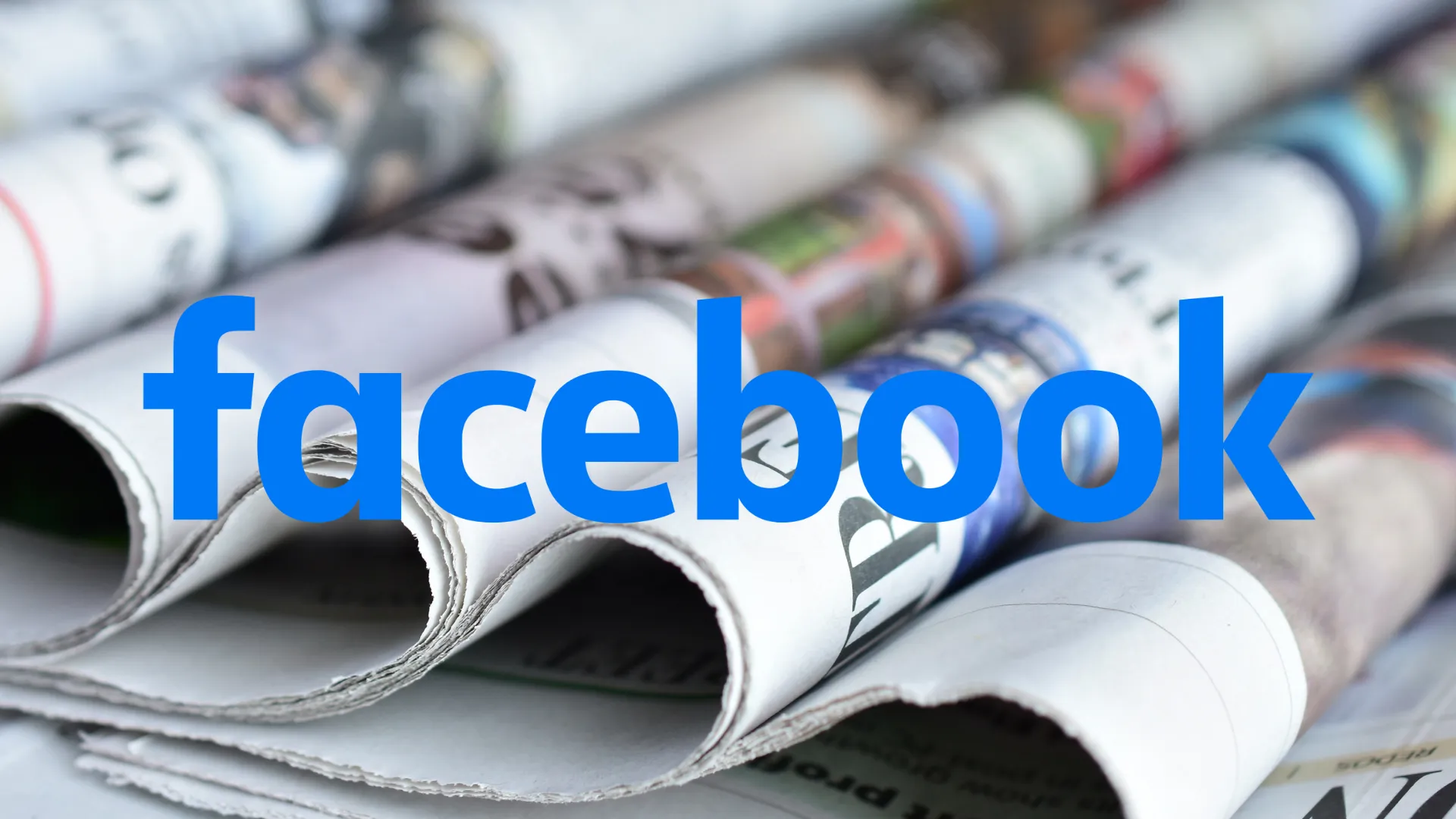In a surprising move that has sent ripples across the globe, Meta has announced the deprecation of the Facebook News tab in the United States and Australia. This decision marks a pivotal shift in the digital landscape, highlighting the evolving priorities of one of the world’s leading tech giants.
As the dedicated news tab fades into the annals of internet history starting in early April, the repercussions for media publishers and the broader implications for digital news consumption have become hot topics of discussion.
The End of an Era for Facebook News
Meta’s choice to sunset the Facebook News tab is not an isolated incident; it follows a similar cessation in the UK, France, and Germany last year. The company’s rationale is grounded in user behavior and preferences, with an unmistakable pivot towards video content akin to TikTok’s burgeoning popularity.
According to Meta, news content constitutes less than 3% of the average user’s feed, a stark indication of changing consumption habits on the platform.

The tech behemoth has been clear about its intentions, emphasizing the need to align investments with services that resonate most with its user base. This includes a significant emphasis on short-form video, a domain where TikTok has seen exponential growth.
“The number of people using Facebook News in Australia and the US has dropped by over 80% last year... People don’t come to Facebook for news and political content — they come to connect with people and discover new opportunities, passions, and interests.”
Despite the closure of the News tab, Meta assures that this will not affect publishers’ ability to share news links on their pages or the availability of news content in users’ feeds in the affected countries. The existing agreements with news publishers in Australia, France, and Germany remain untouched until their expiration.

Australia’s Outcry and the Global Implications
The reaction from Australian media and government officials has been swift and critical. Australia, a pioneer with its 2021 law mandating licensing deals between internet giants and news publishers, finds itself at a crossroads.
Prime Minister Anthony Albanese criticized Meta’s decision, highlighting the unfairness of a single company profiting from the journalism industry’s investments without adequate compensation.
“The idea that one company can profit from others‘ investment, not just investment in capital but investment in people, investment in journalism, is unfair,” Prime Minister Anthony Albanese told reporters. “That’s not the Australian way.”
Meta to shut down Facebook News in the US and Australia⤵️ #Meta #Facebook #socialmedia #infosec https://t.co/Cqm72ElN1Q
— CyberNews (@CyberNews) March 1, 2024
Meta’s stance poses a significant challenge to the Australian government’s efforts to ensure fair compensation for news content on digital platforms. The law, designed to mediate the distribution of advertising revenue more equitably, might now face its toughest test yet.
With most of Meta’s agreements with Australian media set to expire in 2024, the government must decide on appointing a mediator and the possibility of imposing fines for non-cooperation.
The financial stakes are considerable, with Facebook’s deals reportedly injecting A$70 million ($45 million) annually into the Australian media industry. Google, another key player in this saga, has also been negotiating its media licensing deals, highlighting the ongoing tension between tech giants and the news industry.
The Way Forward: A Delicate Balancing Act
The move has reignited debates over the role of social media platforms in news distribution, the sustainability of journalism in the digital age, and the regulatory frameworks necessary to balance the interests of tech companies, news publishers, and the public.

Australian media giants like News Corp Australasia and Nine Entertainment have vehemently opposed Meta’s decision, viewing it as a direct attack on the industry and the value it provides to platforms like Facebook.
The Australian government, along with the Australian Competition and Consumer Commission (ACCC), is now tasked with navigating this complex landscape, seeking ways to enforce the Media Bargaining Code and ensure a fair distribution of digital advertising revenue.
Rod Sims, the former ACCC chair instrumental in designing the 2021 law, labeled Meta’s reversal as selfish, voicing concerns over the societal impact of diminishing journalism quality on social media platforms.
“This is Meta thumbing its nose at the Australian parliament,” he said.
As the dust settles on Meta’s decision, the global community watches closely. The outcome of this confrontation between a tech titan and a nation determined to protect its journalism industry will likely set precedents for digital media regulation worldwide.
In this digital age, the balance between innovation, profit, and public good remains a delicate and ongoing negotiation.










